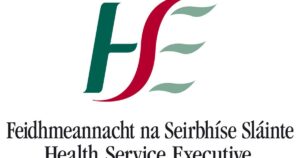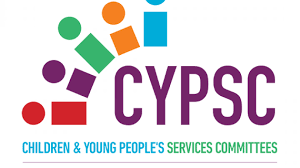
National and international research shows that what happens to a child during pregnancy and the first 2 years of life will influence the child’s health and wellbeing for their lifetime. This is a critical developmental stage as it is within early childhood that a child’s brain and biological system rapidly develop. Favourable experiences, which occur during this critical stage, impact positively on the child’s development including social, motor, cognitive and linguistic development. Evidence suggests that leading an active lifestyle in early childhood is likely to translate into high activity during adulthood. An active lifestyle during the early years has multiple benefits including development of bones and muscles, movement skills, development of coordination and development of self-confidence.
In light of the benefits of an active lifestyle in early childhood the World Health Organization published guidelines in 2019 for physical activity for children. These guidelines suggest that:
- Infants less than 1 year should be physically active several times a day in a variety of ways, particularly through interactive floor-based play; more is better. For those not yet mobile, this includes at least 30 minutes in prone position (tummy time) spread throughout the day while awake and
- Children 1 and 2 years old should spend at least 180 minutes in a variety of physical activities at any intensity, including moderate to vigorous intensity physical activity, spread throughout the day; more is better.
In a National context, guidelines on physical activity for Ireland cover children and young people aged 2-18 years and suggest; all children and young people should be active, at a moderate to vigorous level, for at least 60 minutes every day. This should Include muscle strengthening, flexibility, and bone-strengthening exercises 3 times a week.
In response to the recommended guidelines for physical activity, a specific action to ‘Develop and deliver evidence-based community Physical Activity programmes and initiatives for Parent and Children aged 0-3’ featured in the Galway City Early Years Health and Wellbeing Plan (2016-2020). The Galway City Early Years subcommittee of Galway Children and Young People’s Services Committee (CYPSC) formed an active play working group to address this specific action. To contribute to this, a research study was undertaken jointly between the HSE, Health Promotion and Improvement, Galway and the Applied Systems Thinking group in NUI Galway in January 2020. This work aimed to provide an enhanced understanding of the key forces and dynamics at work in relation to active play for 0-3 year old’s in Galway city.
The project’s overarching goal was to identify evidence-based active play/physical activity strategies covering multiple-levels and multiple stakeholders to increase opportunities for 0-3 year old’s active play/physical activity in Galway city. This project established the perceived problem in Galway city in relation to 0-3 year old’s meeting the recommended physical activity guidelines, through the identification of the dominant dynamics that are deeply entrenched undermine or block (act as a barrier to) active play in 0-3 year old’s in Galway city. These dominant dynamics relate to a lack of co-ordination/integration of national and local policy and parenting and parent’s lifestyle.
Funded by
The Galway City Early Years subcommittee of Galway Children and Young People’s Services Committee.



